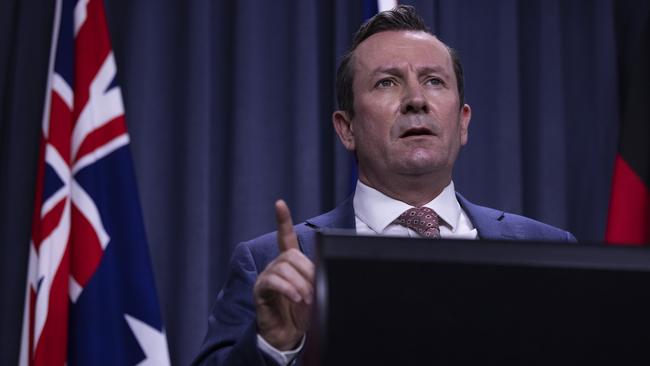
After initially supporting Clive Palmer’s attempt to open the WA border, the federal government withdrew from the fight, emboldening Premier Mark McGowan, who made a mockery of the plain words of the nation’s founding document.
A great deal has changed since last November. And those changes have given Morrison a chance to redeem himself. Nobody should be surprised if he takes it.
McGowan won last year but by this summer, when most people will be vaccinated, Morrison will hold the whip hand. If recalcitrant premiers defy national cabinet’s plan and continue to close borders, stand by for another challenge.
And this time, Morrison would have the law on his side.
McGowan’s victory over Palmer was an aberration. It took place in circumstances that will never be repeated. There was no vaccine, thousands were dead offshore and isolation was the only defence.
That explains why the High Court decided that closing the WA border was a necessary and proportionate response.
If McGowan’s victory signalled a shift to parochialism, then AstraZeneca and Pfizer are doing more to restore the settled constitutional order than battalions of lawyers.
Chief Justice Susan Kiefel and Justice Pat Keane endorsed WA’s position with a statement that will never be repeated: “There is no known vaccine, and no treatment presently available to mitigate the risks of severe medical outcomes or mortality for a person who contracts Covid-19.”
At that moment, McGowan’s border closure did not infringe section 92 of the Constitution, which says trade, commerce and intercourse between the states shall be absolutely free.
But that moment has passed. Anyone who reads the judgment in Palmer’s case will see that it provides the framework to strike down future border closures.
That ruling was based on a preliminary decision of the Federal Court that outlined a method of risk assessment that will make border closures a constitutionally dubious way of fighting Covid once most people are vaccinated.
The Federal Court had found that the risk to the health of the WA population was a function of two factors: the probability that Covid would be imported into the population and the seriousness of the consequences.
Vaccination will never eliminate the Delta strain but once most of the nation is double-dosed, it will reduce the risk of death and serious illness.
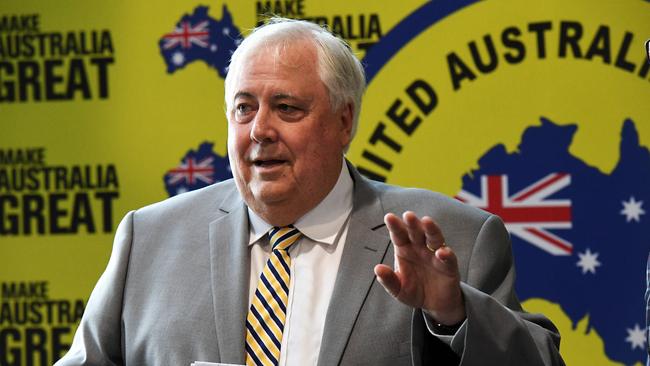
While the plain words of section 92 promise that interstate movement shall be “absolutely free”, successive High Court rulings have limited the provision’s meaning.
In order to be permissible, a public health restriction on freedom of interstate movement must be reasonably necessary and proportionate to the goal of protecting public health.
But if there is an alternative – and there is now – border closures will not be considered reasonably necessary. And that means future closures are likely to be struck down.
This is how Kiefel and Keane explained things: “The test of reasonable necessity … is to be applied in a concrete way to determine whether the measures which the [state] law permits are themselves reasonably necessary.
“It is obviously logically relevant to, if not demanded by, that enquiry whether there may be alternative, effective measures available to achieve the same object but which have less restrictive effects on the freedom. If there are, the law in question cannot be said to be reasonably necessary,” Kiefel and Keane wrote.
Palmer’s loss was right at the time, but it will soon stand for nothing. This helps explain Morrison’s tough talk about learning to live with the virus.
Successive High Court decisions have made a mess of section 92, which no longer means what it says. But even though the freedom to travel interstate is no longer absolute, the High Court has made it clear it will look for alternatives to avoid further erosion.
That means the position of McGowan and other premiers who support border closures is growing weaker by the day.
The reverse applies to Morrison. His demands for an end to border closures will grow in constitutional credibility in direct proportion to the number of people who have had the jab.
When most of the nation is vaccinated, Morrison would have several options that would position the Coalition as the great hope of those who resent the destruction of their freedom under section 92.
If states were to then persist with border closures, they would make a tempting target for a High Court challenge.
In an election year, Morrison might find this appealing. It would dispel any lingering concerns about the Commonwealth’s conduct during Palmer’s challenge and delight those who resent the loss of liberty.
One of the lessons from the pandemic is that state governments, while doing their best, have failed to persuade significant numbers of people that their health orders have democratic legitimacy.
Those orders, like all government decisions, deserve to be respected not out of the mindless need to obey, but because they are the result of democratic processes.
If the goal is to protect public health, compliance is more likely if people can see parliament holding health officials to account, disclosing as much data and modeling as possible and even disallowing health orders that have no rational basis.
Chris Merritt is vice-president of the Rule of Law Institute of Australia.


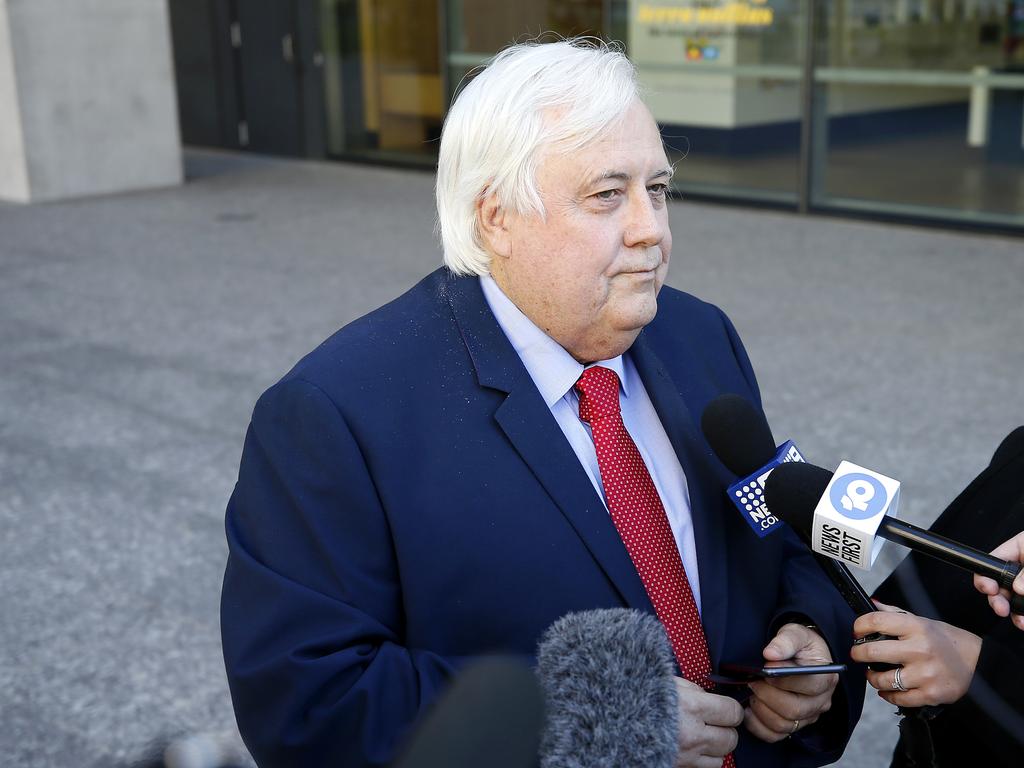
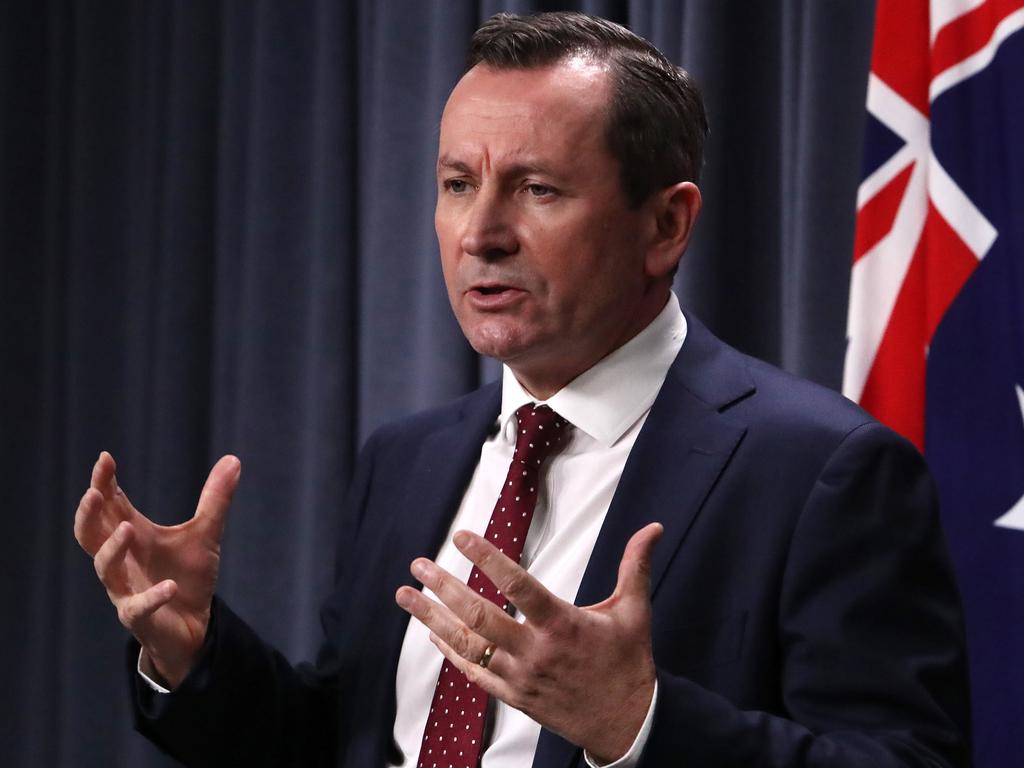
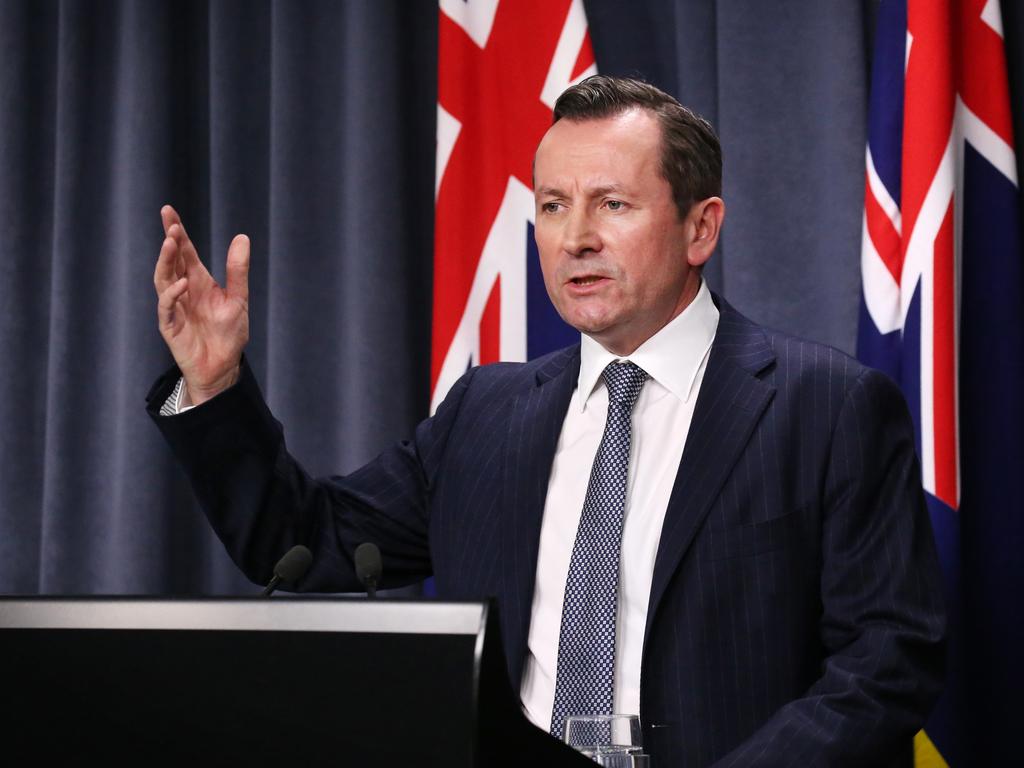


Last year, when Western Australia’s border closure faced a legal challenge, Scott Morrison wimped it. He chose not to defend the Constitution’s guarantee that Australians are “absolutely free” to travel between the states.